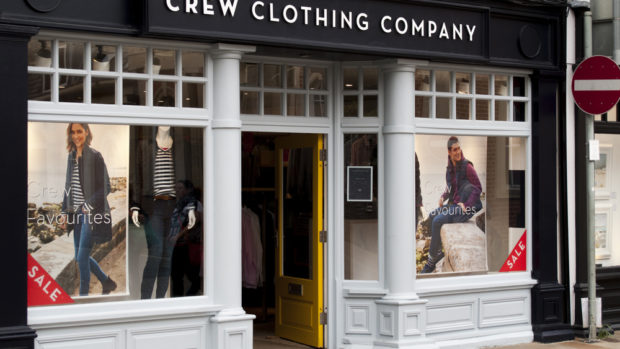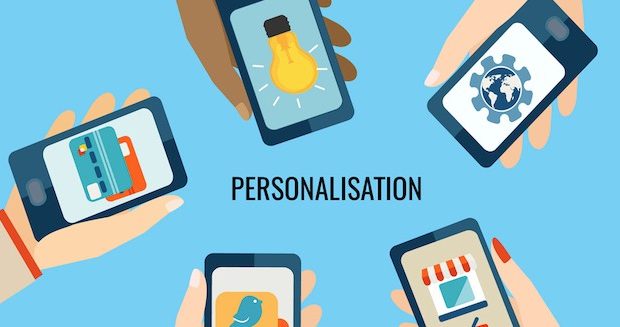While over two-thirds (71 per cent) of consumers say the digital experiences they receive online are ‘targeted’ towards them, only one-third (33 per cent) say that those experiences feel “truly personal.” That’s according to a new report, released today by Optimizely, a digital experience platform (DXP) provider, which reveals brands need to further elevate their personalisation practices to create memorable, unique experiences that their customers will love.
The Personalised to Personal report, based on a study of 100 UK marketing leaders, and 1,000 UK consumers, examines the maturity of personalisation and how brands are attempting to optimise their efforts in an increasingly saturated market. The problem for marketers is that so many other brands already use personalisation technologies, with 74 per cent of marketers saying it’s hard to stand out when every competitor uses personalisation.
The report reveals that consumers are crying out for more individualised content, with two-thirds (70 per cent) saying they’re frustrated with supposedly targeted promotions that don’t relate to their personal interests. That’s despite the fact that 73 per cent of brands have been investing in personalised content for three or more years.
Optimizely’s report makes a distinction between content that is purely targeted and ‘truly personal’, claiming that the latter is the key to success. In fact, two-thirds (63 per cent) of consumers say they would be more loyal to a brand if it got to know them on a personal level.
To ensure personalised content is truly personal, 70 per cent of marketers are marrying personalisation and experimentation to optimise their approach, while 42 per cent have invested in new experimentation technologies to do this effectively.
“It’s been over ten years since personalisation became a staple of digital marketing, meaning many best practices have now reached a state of maturity,” said Shafqat Islam, CMO of Optimizely. “Simply tailoring messages based on demographic assumptions is no longer enough to cut through the noise. Brands need to optimise their existing approach to personalisation, and that means experimenting.”
Experimentation allows marketers to try new approaches, evaluate what’s working, and adjust what’s not. By eliminating guesswork, brands gain a better understanding of their customers and can engage with them in a way that feels more unique to them. In a market where every purchase matters, treating customers as an individual, not just one of many, will provide an invaluable competitive edge.








Share